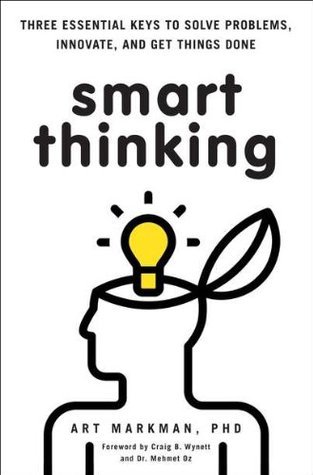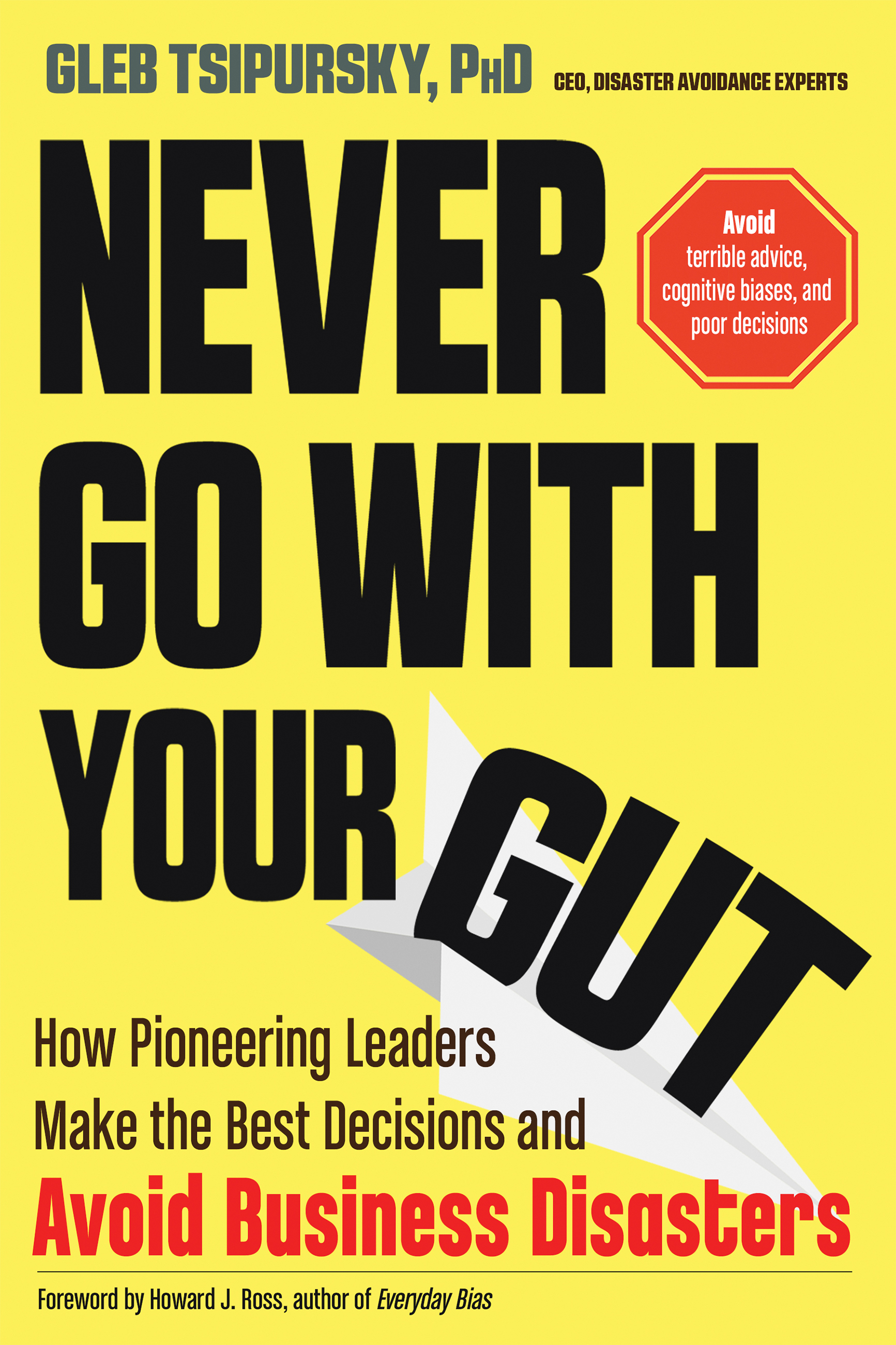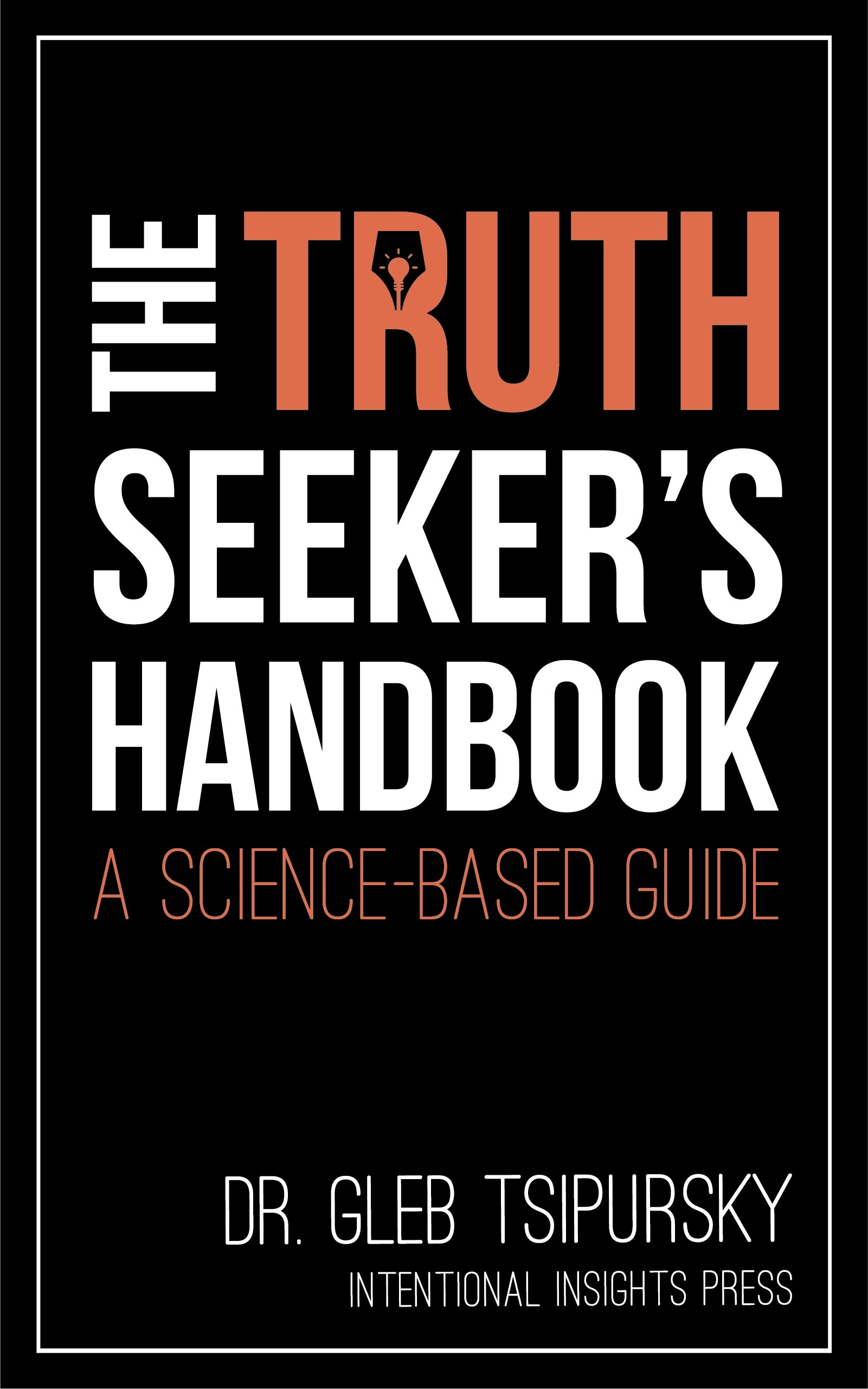
The Art of Thinking Clearly
Book Description
Every day, decisions shape destinies. Yet, we often wade through a fog of biases and illogical thinking. In "The Art of Thinking Clearly," Rolf Dobelli pulls back the curtain on the common traps that ensnare our minds, revealing the powerful psychological pitfalls lurking in our everyday choices. With each chapter, learn to identify and sidestep the cognitive shortcuts that lead to poor judgments and costly mistakes. Packed with sharp insights and compelling examples, this book transforms the way you think. Are you ready to break free from mental clutter and embrace clarity like never before?
Quick Book Summary
"The Art of Thinking Clearly" by Rolf Dobelli shines a light on the many cognitive biases and logical fallacies that influence our decisions and perceptions every day. By breaking down more than 90 biases into short, easily digestible chapters, Dobelli helps readers understand why they often make irrational decisions—whether in finance, relationships, or simple day-to-day choices. Using relatable anecdotes and examples, the book teaches readers how to recognize mental traps like confirmation bias, sunk cost fallacy, and groupthink. Ultimately, it offers practical insights to help us sidestep these pitfalls and think more clearly, leading to better outcomes in both personal and professional life. This book is an accessible guide to cultivating mental discipline and rational thinking.
Summary of Key Ideas
Table of Contents
Recognizing Cognitive Biases in Everyday Life
Human judgment is riddled with invisible faults; "The Art of Thinking Clearly" unpacks the most common cognitive biases that cloud our minds. Dobelli shows how our mental shortcuts, intended to simplify complex decisions, often lead us astray. Biases like survivorship bias, availability heuristic, and the anchoring effect are dissected with engaging examples, from historical stock market crashes to personal anecdotes about mistaken reasoning.
The Trap of Emotional and Irrational Decision-Making
Dobelli emphasizes that many of our errors result from emotional thinking and the human tendency to seek comfort in certainty. When faced with decisions, our emotions often override logic, causing us to leap to conclusions or follow the crowd—manifestations of outcome bias or social proof. The book illustrates how trusting gut reactions can be hazardous, especially in high-stakes scenarios like investments or career moves.
The Power of Awareness and Self-Reflection
Critical awareness is at the core of improved decision-making. Dobelli urges readers to reflect on their thought processes, pause before making decisions, and question their underlying assumptions. Examining how biases like confirmation bias reinforce what we already believe, the book advocates for intellectual humility and openness to alternative viewpoints—a powerful antidote to mental stagnation.
Practical Strategies to Avoid Thinking Errors
To overcome cognitive pitfalls, Dobelli presents actionable advice: setting explicit rules, seeking dissenting opinions, avoiding overconfidence, and learning from past mistakes. He highlights techniques such as pre-mortem analysis and risk assessment to anticipate errors in judgment. These strategies are applicable in business, personal finance, and daily interactions, guiding readers toward more rational, productive actions.
Choosing Clarity Over Certainty
Ultimately, the book champions clarity over the false comfort of certainty. Rather than striving to eliminate all errors—an impossible task—Dobelli suggests cultivating skepticism towards easy answers and embracing uncertainty as a natural part of life. By internalizing these lessons, readers can make wiser decisions, improve relationships, and achieve personal growth through self-awareness all while accepting the inevitable limitations of human cognition.
Download This Summary
Get a free PDF of this summary instantly — no email required.





